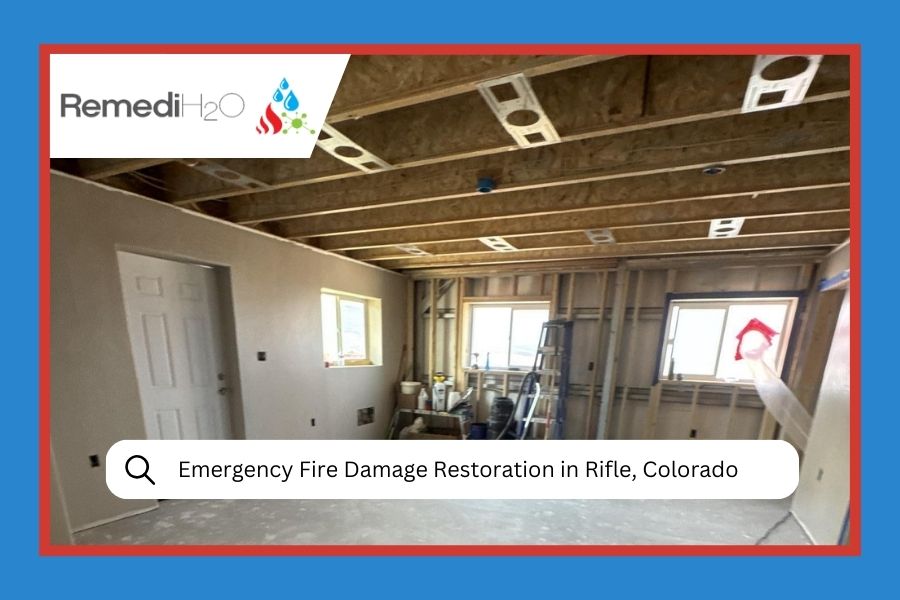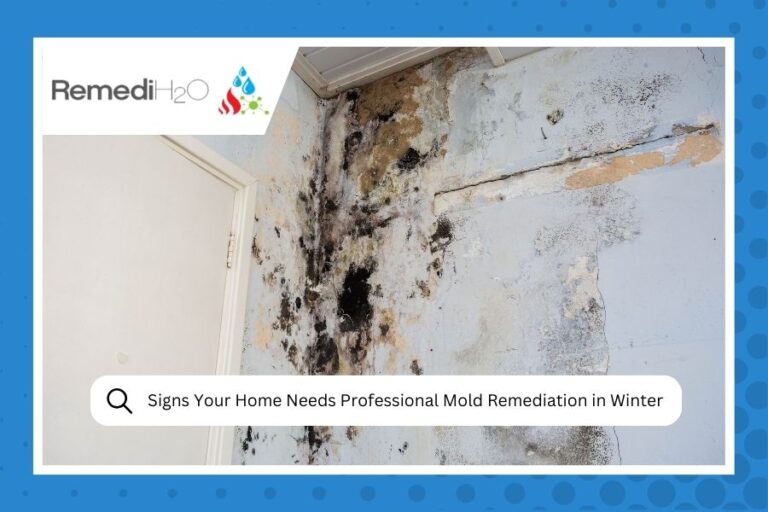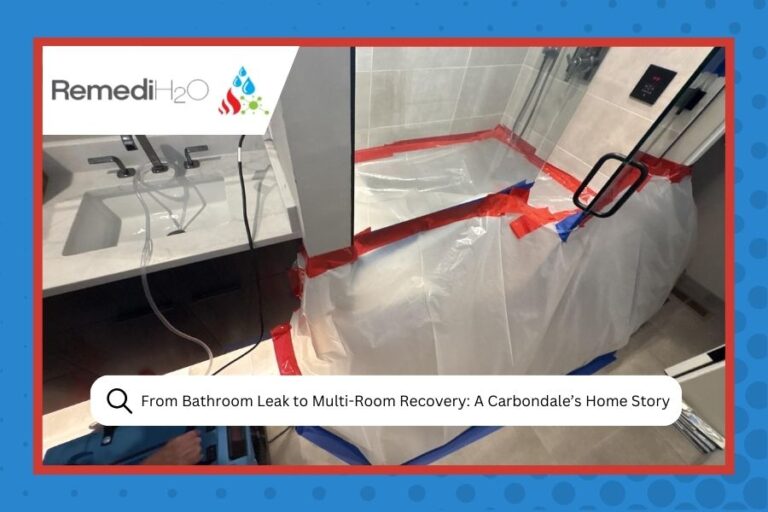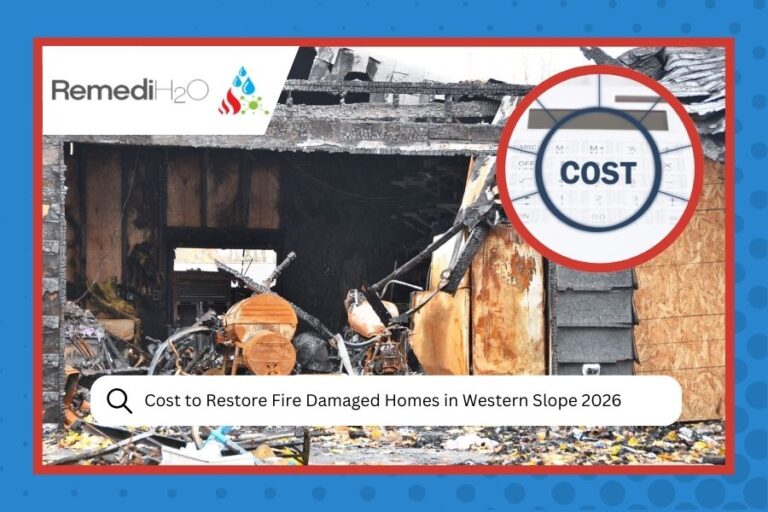When Disaster Strikes After Dark
It was late at night when our team at RemediH2O received the call every homeowner dreads to make. A residential fire had left a family’s garage and belongings covered in soot, smoke, and the overwhelming smell that lingers long after the flames are out. What started as a mechanical equipment malfunction had turned into every homeowner’s nightmare, with smoke and soot infiltrating not just the garage space, but precious family belongings stored inside.
Initial Fire and Smoke Damage
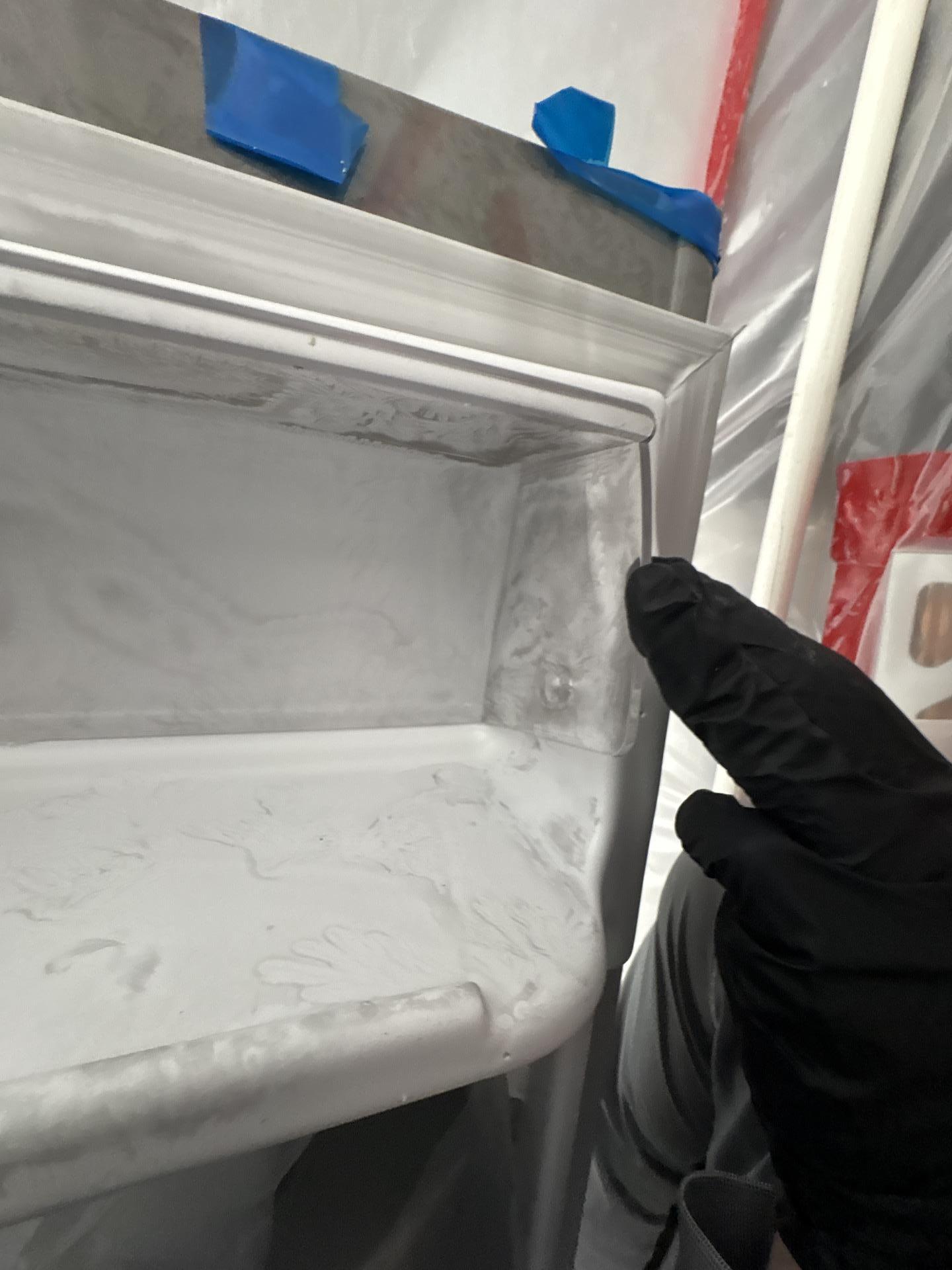
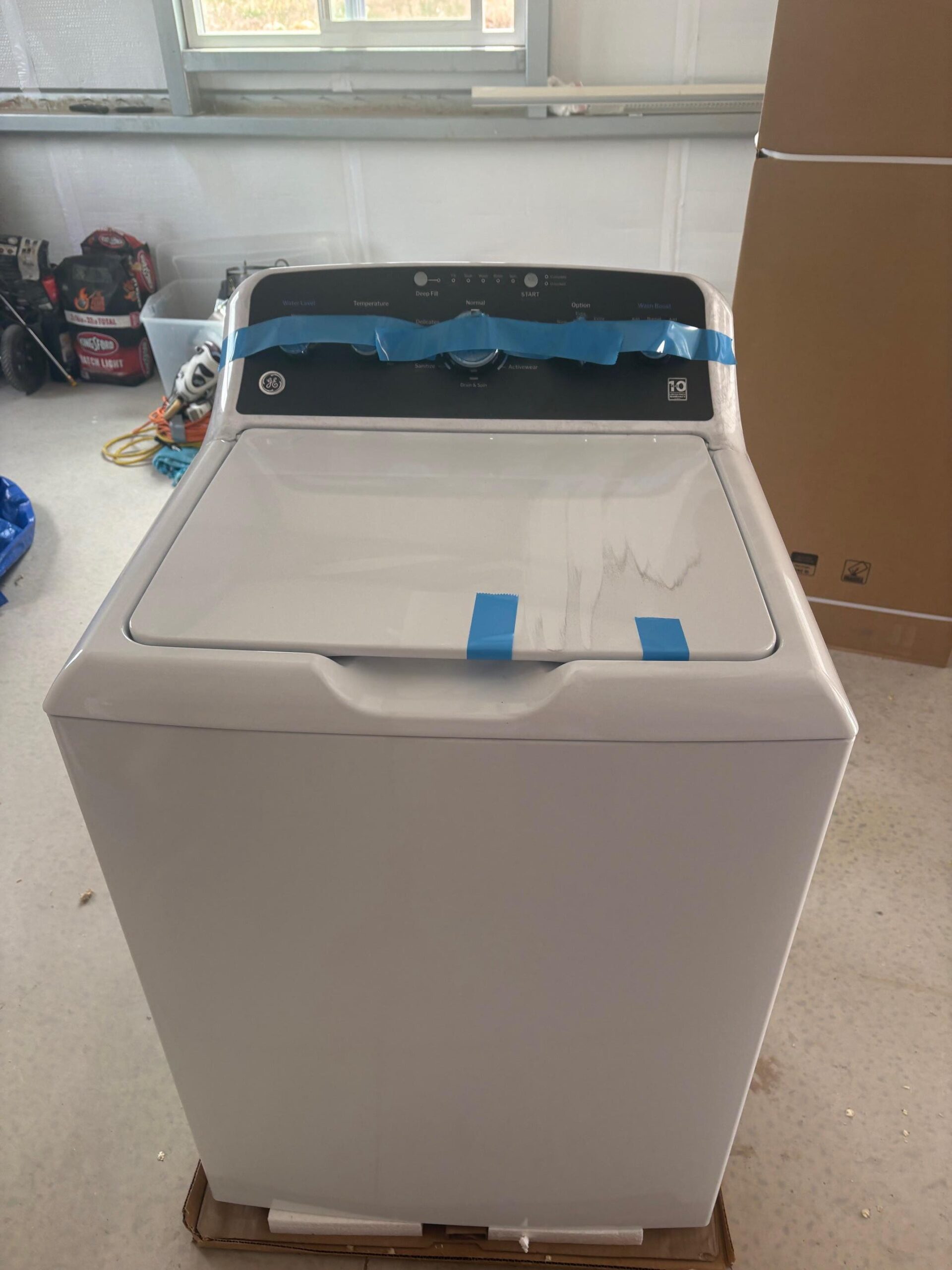
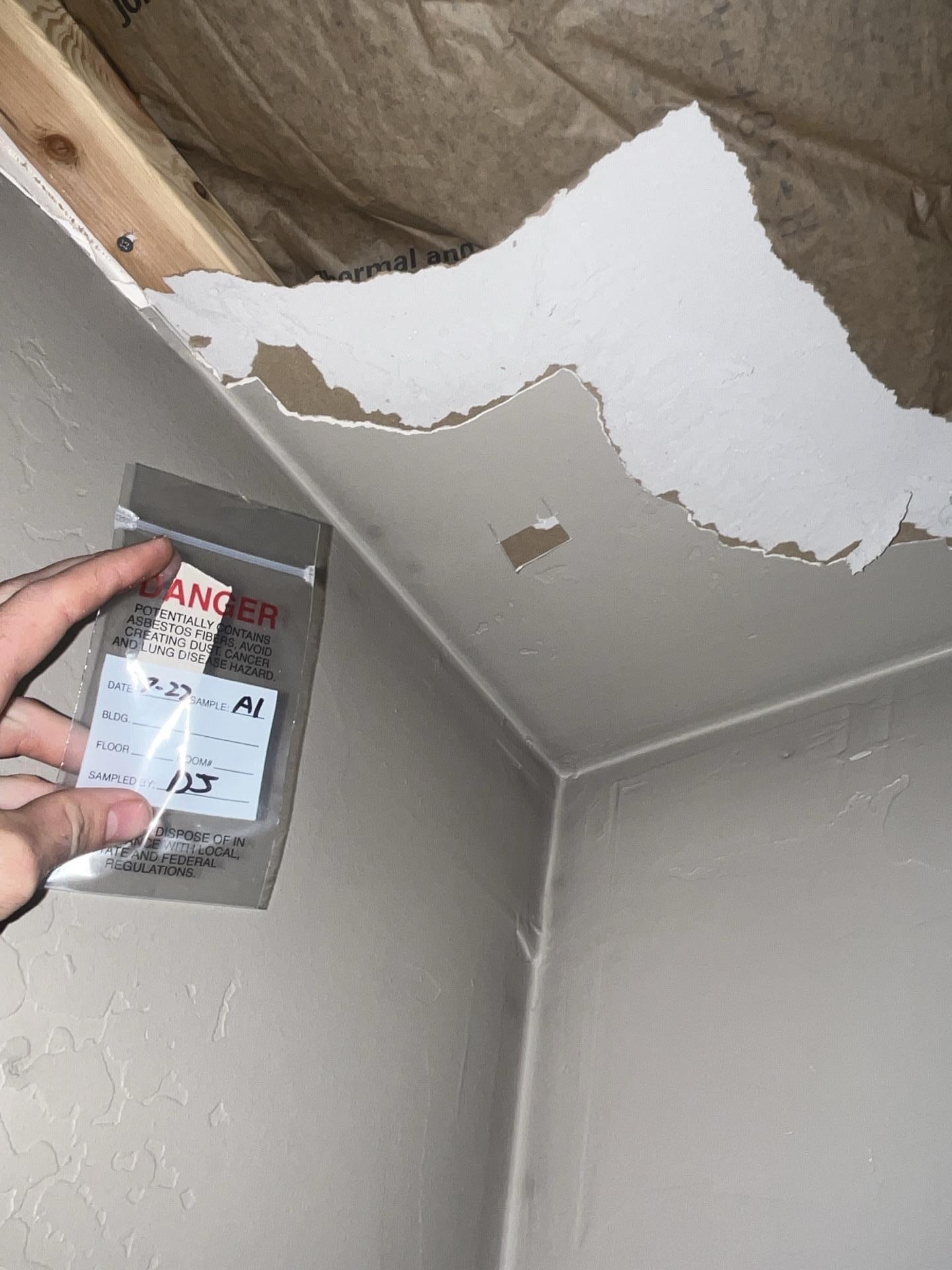
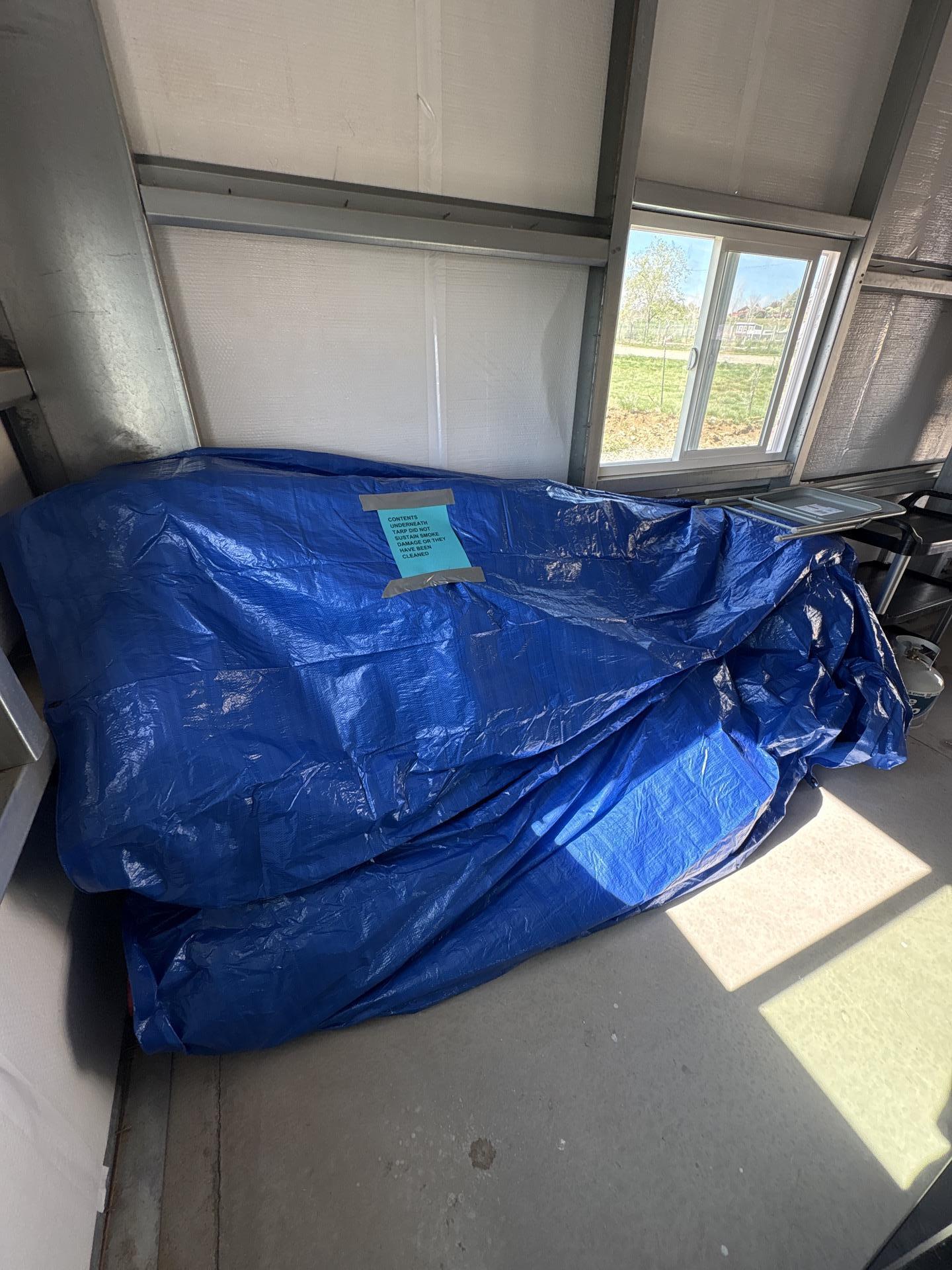
The Challenge: Hidden Damage Everywhere
When we arrived at the property, the extent of the damage was immediately clear. This wasn’t just a simple cleanup job. The fire had created a complex contamination scenario that required fire damage restoration expertise at the highest level.
What We Found:
- Structural contamination: Soot had penetrated drywall, insulation, and ceiling materials
- Appliance damage: Washer, dryer, refrigerator, and range all affected beyond cleaning
- Contents exposure: Over 180 household items contaminated with smoke residue
- Hidden damage: Pressurization had pushed soot into wall cavities and insulation
- Odor penetration: Smoke smell had permeated the entire space
The real challenge? Much of the contamination was hidden behind surfaces where traditional cleaning couldn’t reach.
The Science Behind Smoke Damage
Here’s something many people don’t realize: smoke damage is often worse than fire damage itself. When a fire burns, it doesn’t just create heat and flames. It creates pressure that forces microscopic soot particles into every crack, crevice, and porous material in the area.
In this case, our industrial hygienist report revealed contamination that had worked its way:
- Behind drywall surfaces
- Into ceiling insulation
- Within wall cavities
- On both sides of structural materials
This is why proper smoke damage restoration requires more than just wiping surfaces clean. According to the Institute of Inspection, Cleaning and Restoration Certification (IICRC), proper fire restoration must address both visible and hidden contamination.
Our Systematic Approach
Immediate Response and Assessment
Following IICRC S700 standards, we immediately began a comprehensive assessment. Our team documented every affected item and surface, creating a detailed inventory that would guide our restoration process.
Professional Restoration Process
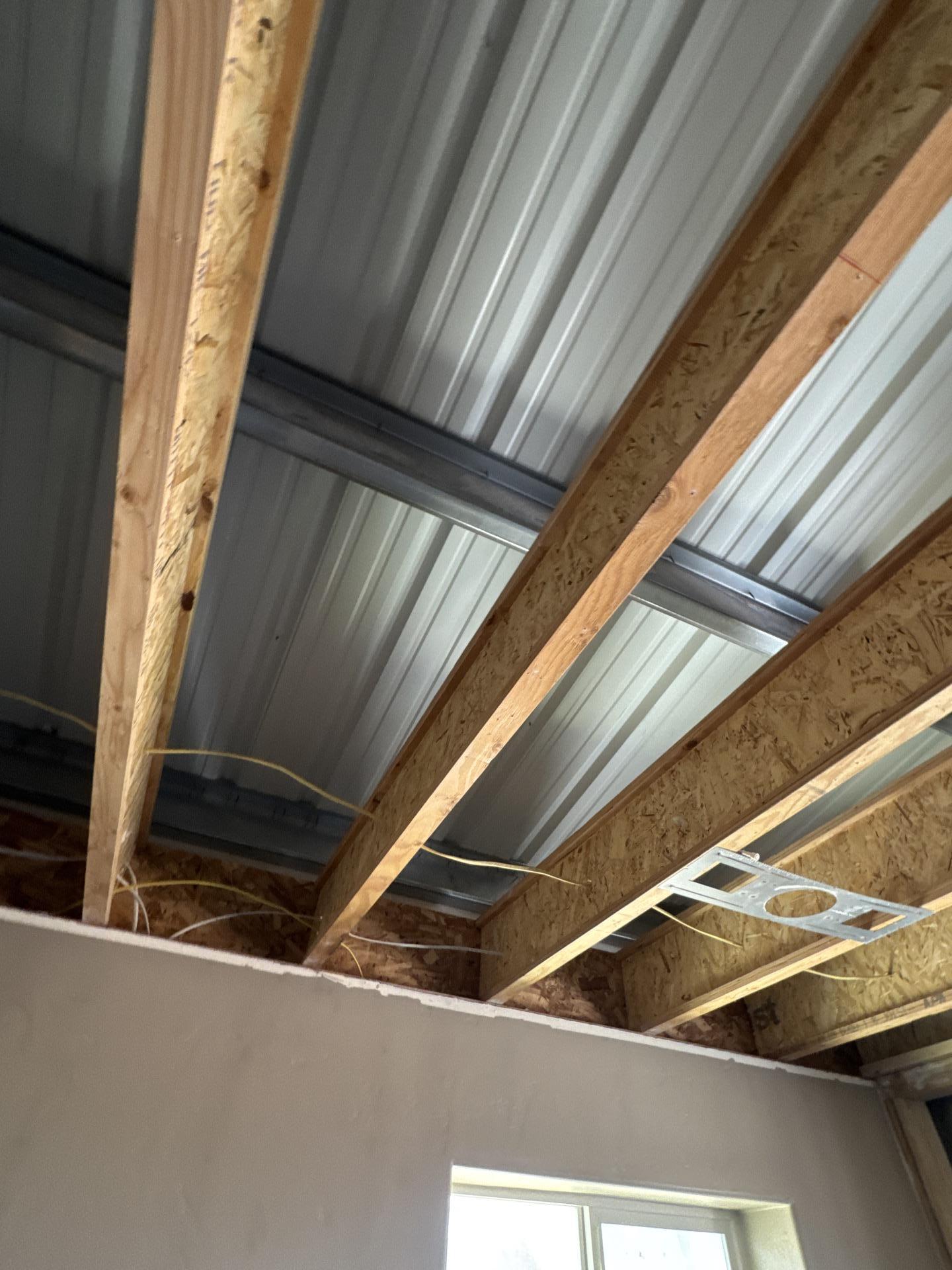
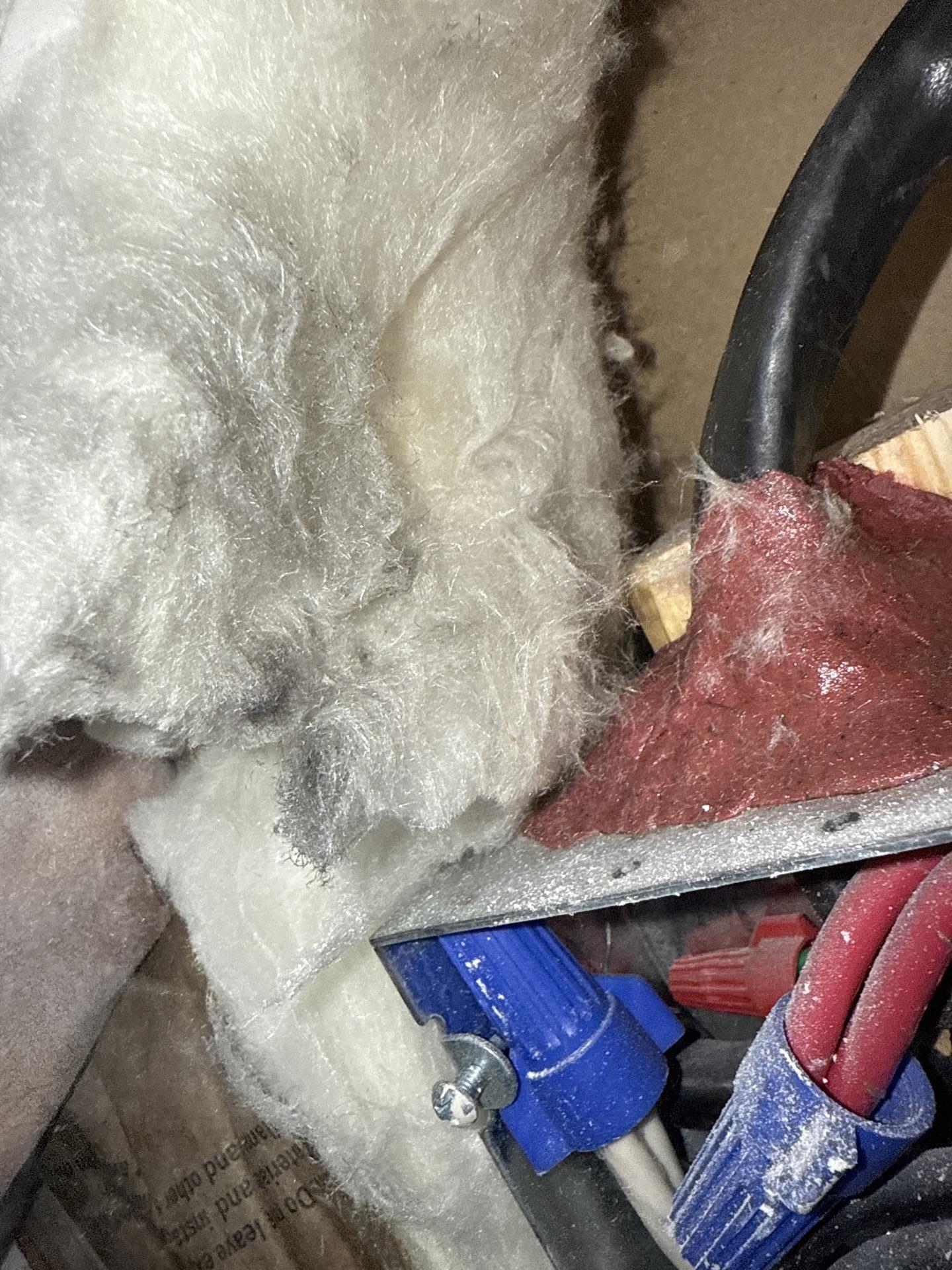
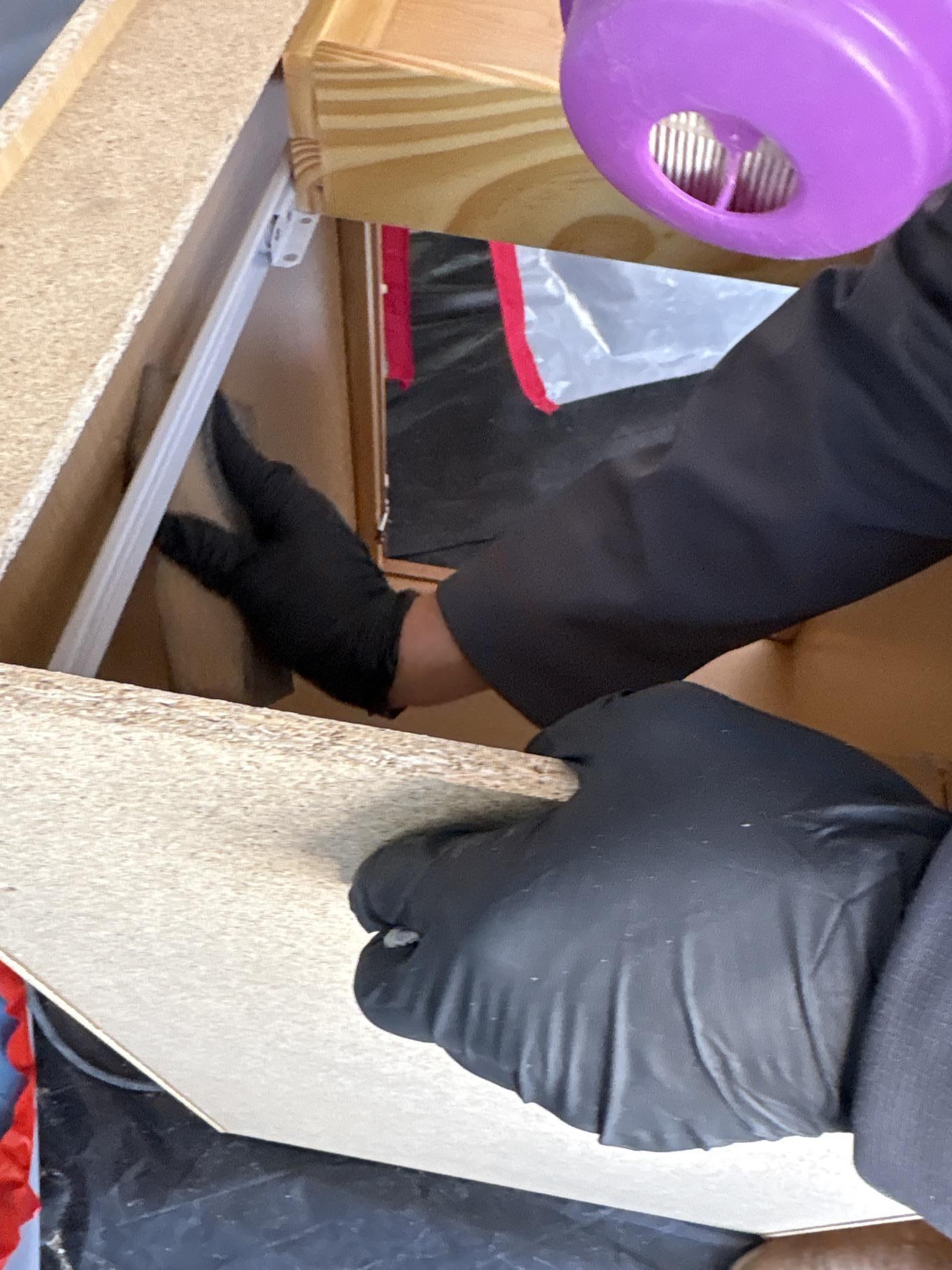
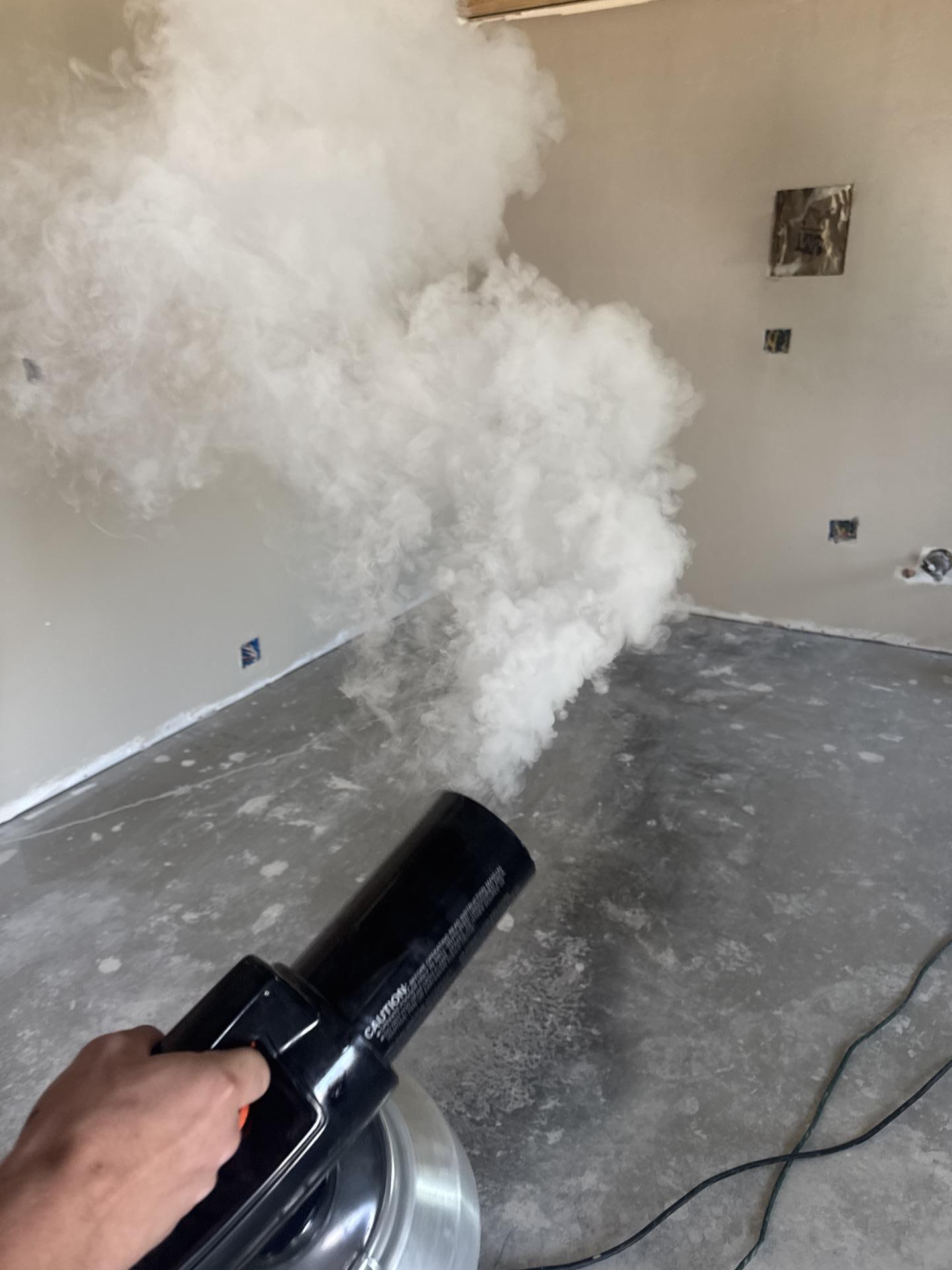
Creating a Clean Work Environment
Before any cleaning could begin, we established a controlled environment:
- Clean room construction: Built a 20×20 foot containment area using professional-grade polyethylene sheeting
- Decontamination chamber: Created a dedicated space for safely processing items
- Negative air pressure: Installed HEPA-filtered air scrubbers to prevent cross-contamination
- Professional containment: Used peel-and-seal zippers and tension posts for secure barriers
The Removal Decision
According to IICRC S700 guidelines, when materials can’t be adequately cleaned or accessed, removal is the only option. The standard states: “When affected materials are inaccessible or cannot be adequately cleaned or deodorized, they shall be removed and properly disposed of.”
We removed:
- Contaminated drywall and insulation
- LVP flooring that couldn’t be restored
- All affected appliances for specialized off-site cleaning
- Non-salvageable contents and materials
Contents Restoration: Bringing Treasures Back to Life
This is where our team’s expertise really showed. We carefully processed 183 items through our restoration process:
Salvageable Items (159 items restored):
- Kitchen cabinets and furniture pieces
- Tools and equipment
- Dishware and household items
- Electronics and appliances (cleaned exterior)
- Furniture and storage items
Items Requiring Replacement:
- Major appliances (washer, dryer, range, refrigerator)
- Severely damaged tarp materials
- Contaminated flooring materials
Professional Cleaning Process:
Each salvageable item went through multiple stages:
- HEPA vacuuming: to remove loose soot
- Dry cleaning: techniques for delicate surfaces
- Wet cleaning: with approved solutions
- Deodorization: to eliminate smoke odors
- Quality inspection: before returning to clean area
The Deodorization Challenge
Smoke odor is notorious for lingering long after visible damage is cleaned. Our team used thermal fogging throughout the entire 8,000 cubic feet of space, treating both the structure and contents with professional-grade odor counteractants.
This process neutralizes odor molecules at the molecular level, not just masking them like household products would.
Working with Insurance: Making It Seamless
One of the biggest stresses for homeowners after a fire is dealing with insurance claims. Our team worked directly with the insurance adjuster, providing detailed documentation, photos, and professional estimates that helped streamline the claims process.
We handled all the paperwork, documentation, and communication so the family could focus on recovery rather than claims paperwork.
Restoration Results and Reconstruction
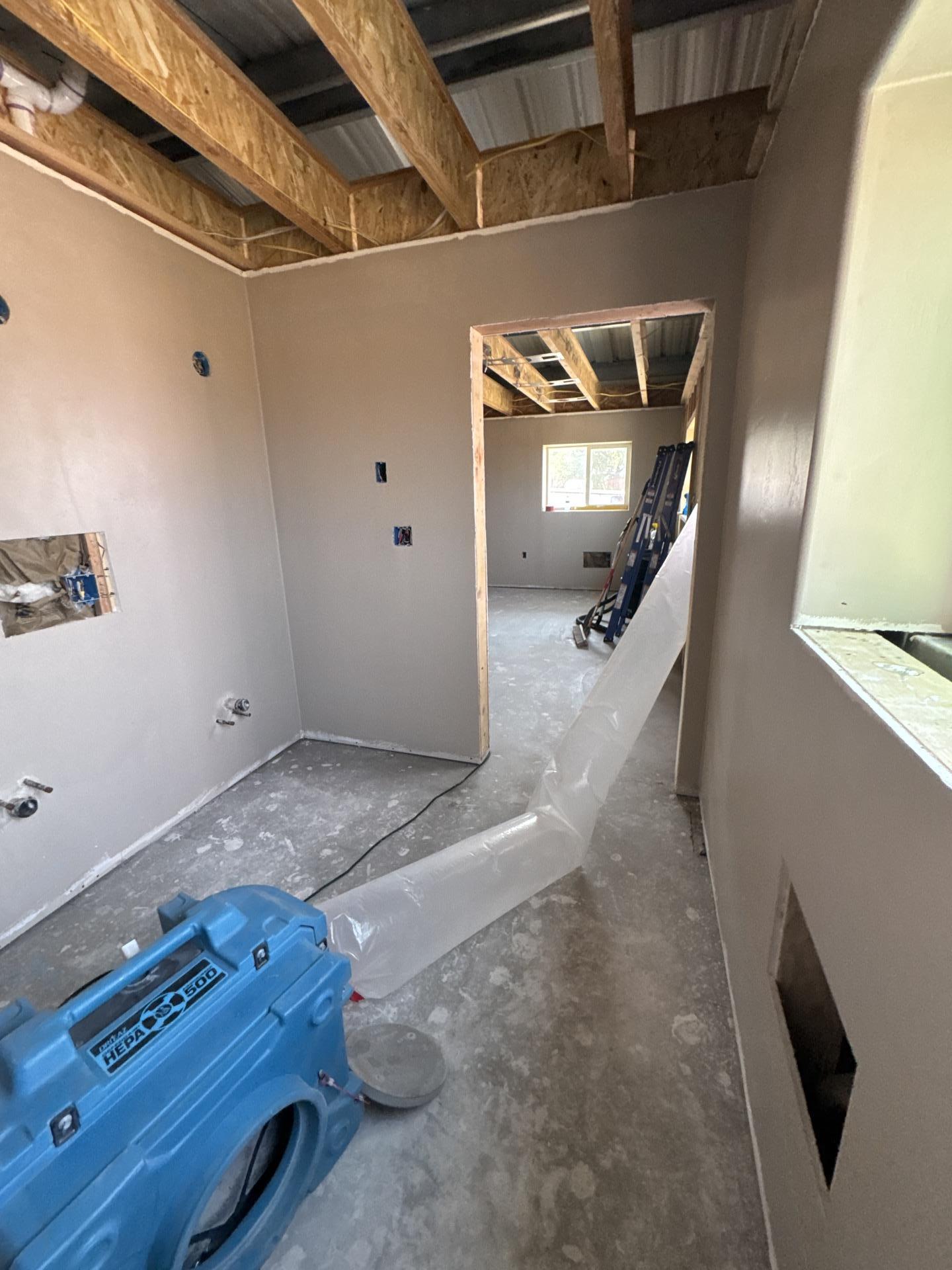
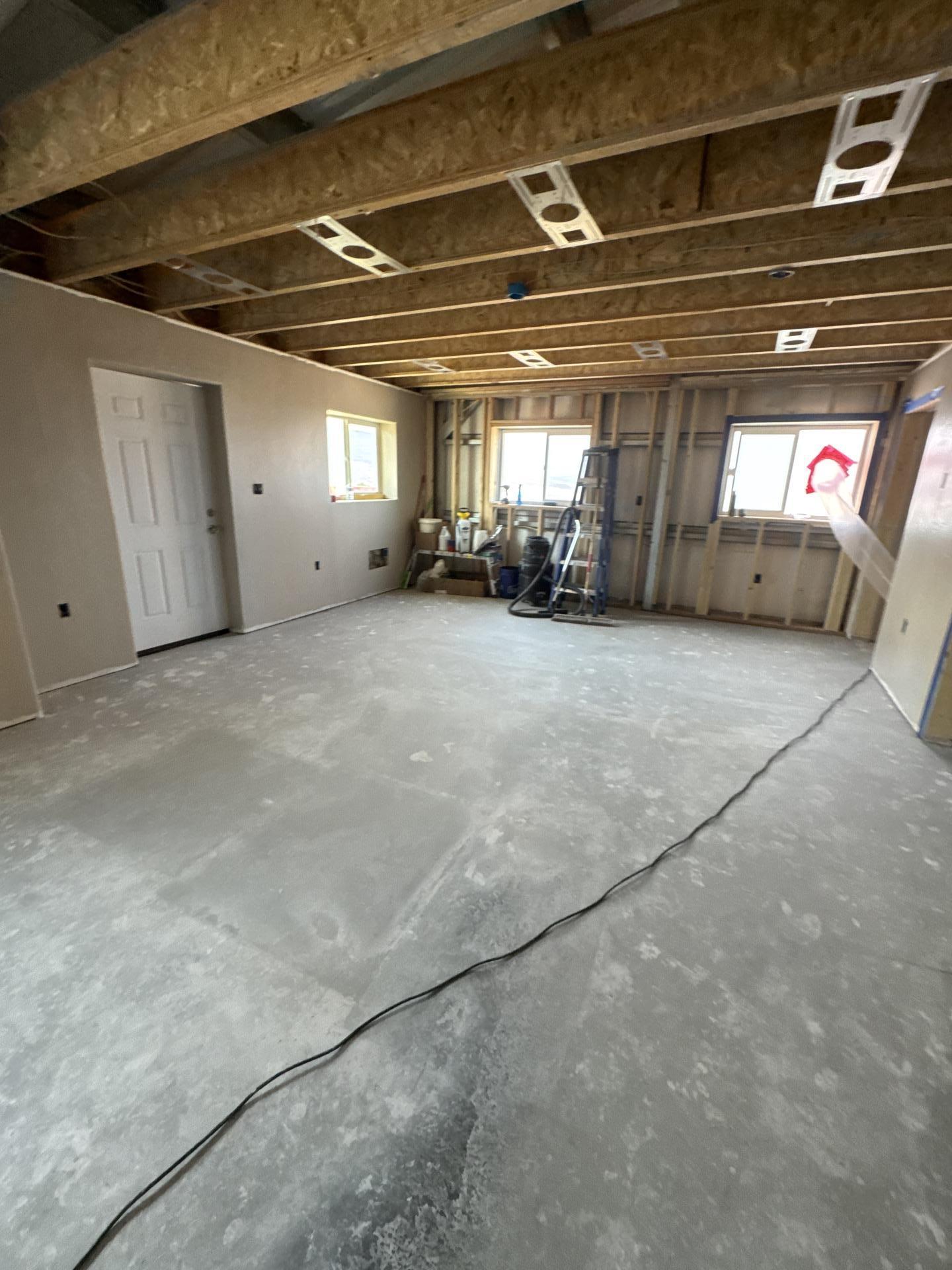
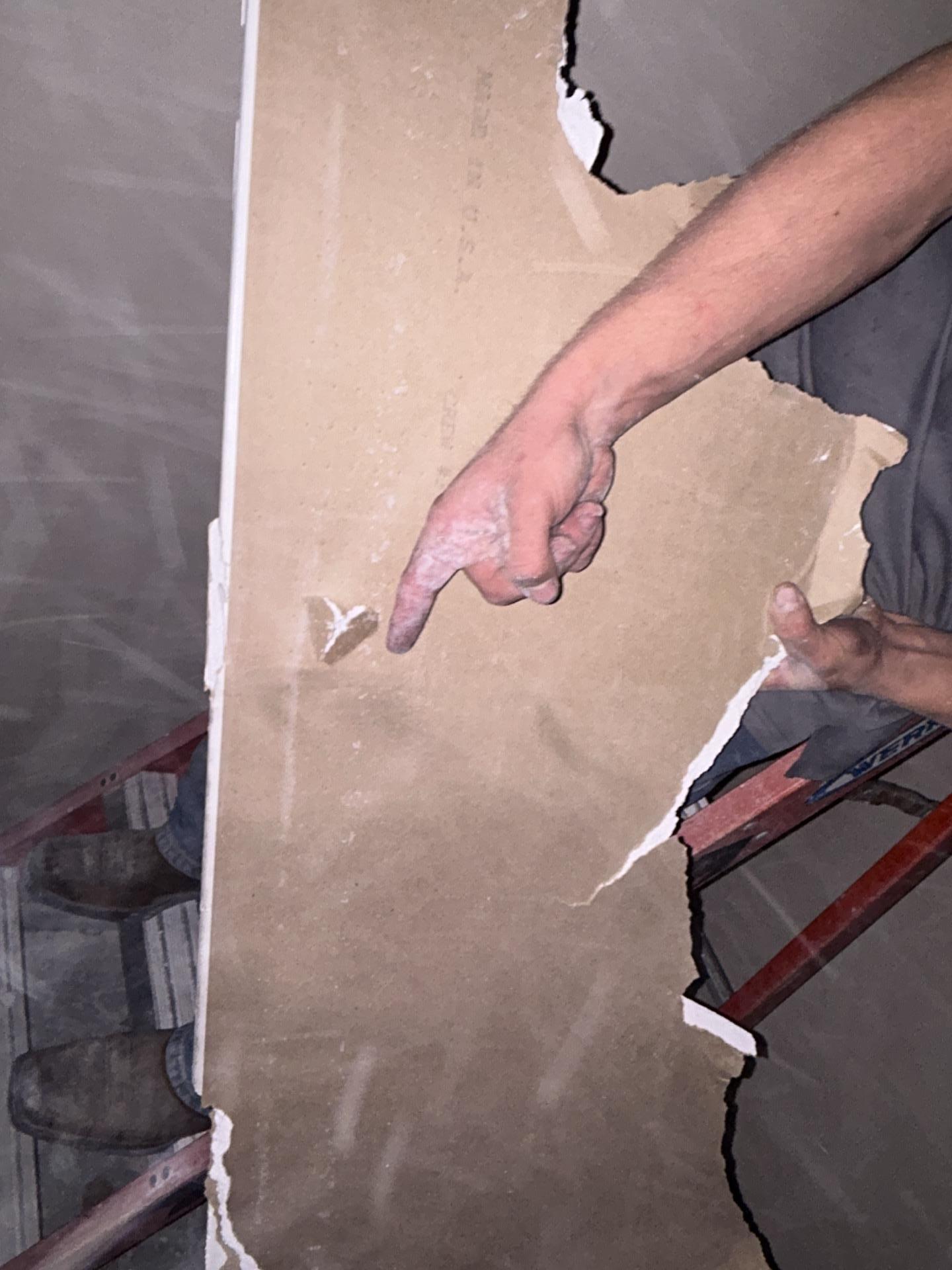
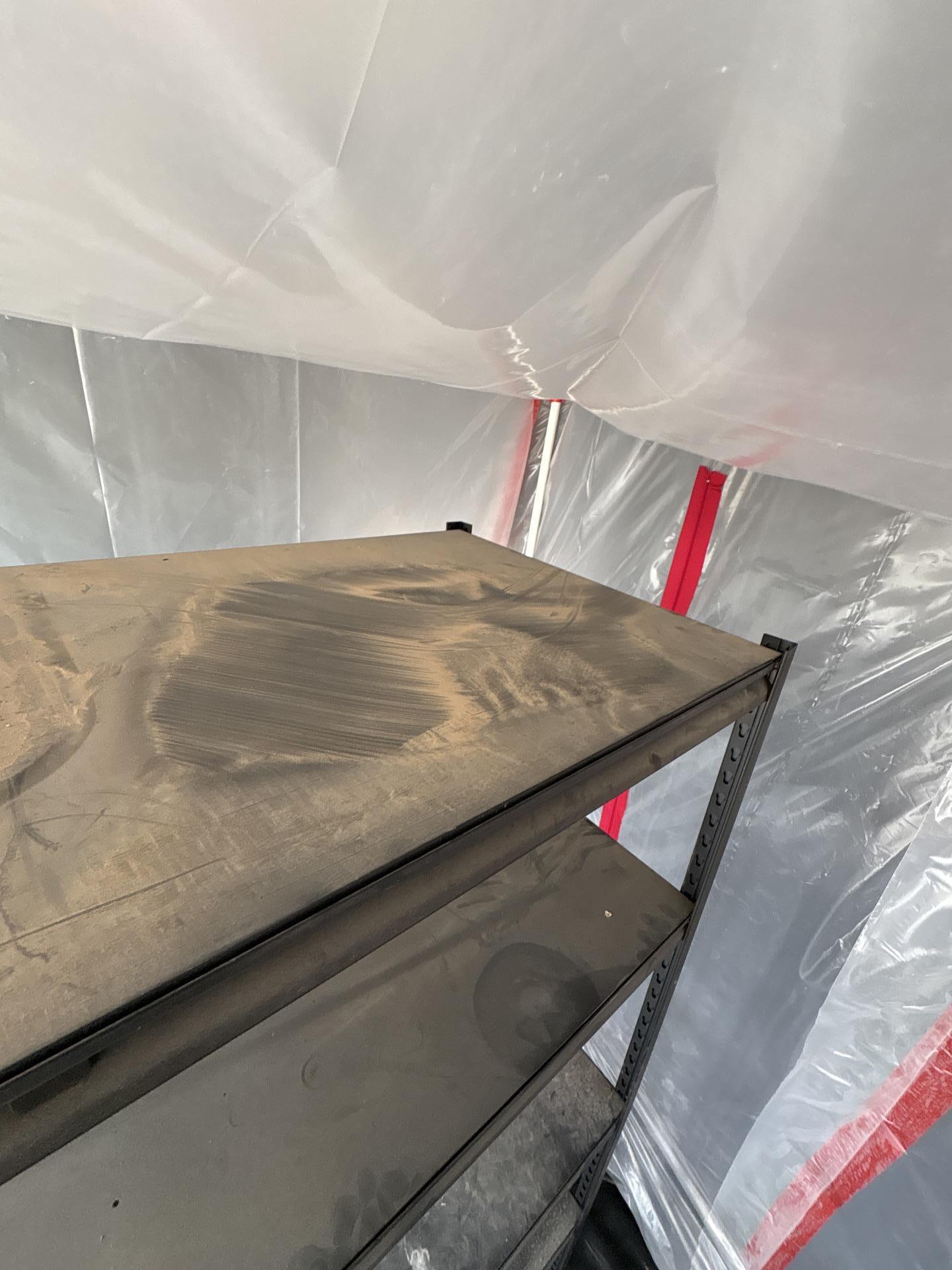
The Results: From Devastation to Relief
After two weeks of intensive work, we transformed a smoke-damaged disaster into a clean, odor-free space. The family was able to recover the majority of their belongings, and the garage was ready for reconstruction.
What Made This Restoration Successful:
Professional containment: Our containment systems prevented spread of contamination to other areas of the home
Industry expertise: Following IICRC S700 standards ensured thorough, compliant restoration
Advanced equipment: HEPA air scrubbers, professional cleaning solutions, and thermal fogging equipment
Detailed documentation: Complete photo documentation and itemized inventories for insurance
24/7 availability: Quick response minimized secondary damage
Lessons for Homeowners
If you ever face fire or smoke damage:
- Act quickly: Smoke residue becomes harder to remove over time
- Don’t attempt DIY cleaning: Improper cleaning can set stains permanently
- Document everything: Photos and lists help with insurance claims
- Work with certified professionals: IICRC certification ensures proper techniques
- Address hidden damage: What you can’t see often causes the biggest long-term problems
Why Professional Restoration Matters
This family learned what many homeowners discover after fire damage: restoration is both an art and a science. It requires specialized knowledge of:
- Smoke behavior and contamination patterns
- Professional-grade cleaning chemistry
- Proper containment and safety protocols
- Insurance documentation requirements
- Industry restoration standards
Attempting DIY restoration often leads to permanent damage, lingering odors, and insurance complications.
The RemediH2O Difference
At RemediH2O, we understand that fire damage isn’t just about cleaning soot off surfaces. It’s about restoring normalcy to families during one of their most stressful times.
Our IICRC-certified team combines over 25 years of experience with state-of-the-art technology and genuine care for every client we serve across Colorado’s Western Slope and Roaring Fork Valley.
Need Fire Damage Restoration?
Available 24/7 for emergency response across Colorado’s Western Slope
🏠 Local Family Owned
🛡️ Insurance Approved
Ready When Disaster Strikes
Fire damage can happen anytime, anywhere. When it does, you need a restoration team that responds immediately with the expertise and equipment to handle even the most complex situations.
Available 24/7 for emergency response: Contact RemediH2O
Don’t let fire damage become a permanent loss. Professional restoration can save both your belongings and your peace of mind.
